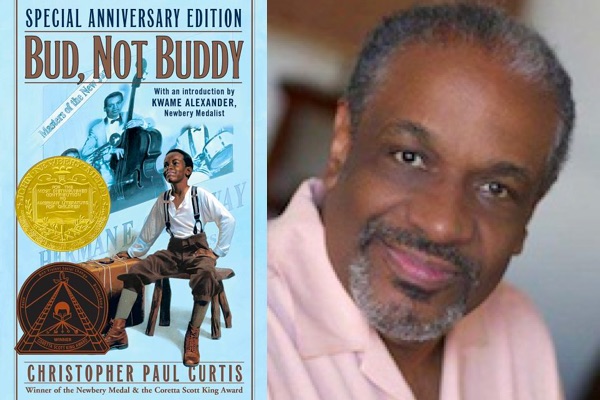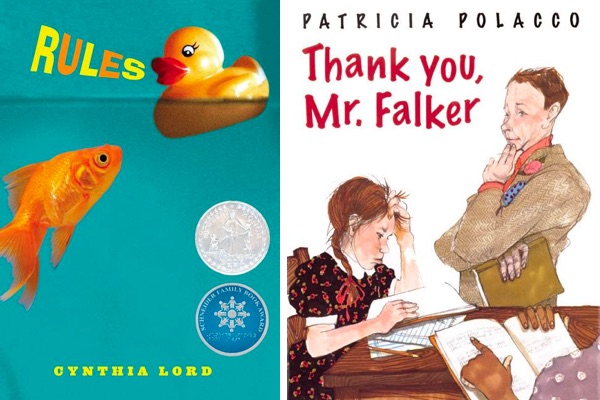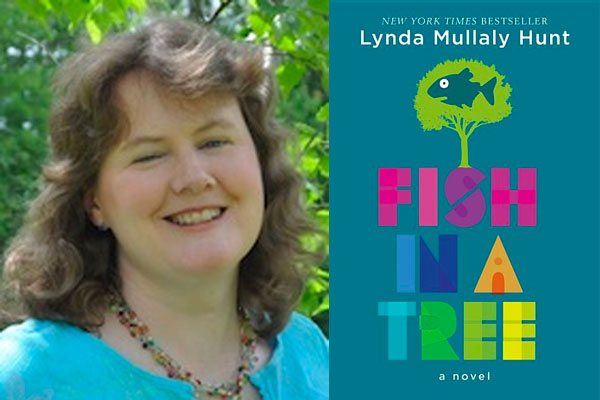Special Education Standards Support
Inspired by the National Board for Professional Teaching Standards1, the reference points that are bolded below can enhance special education instruction.
Support multiple learning styles with literacy resources in a variety of formats.
Explore the diverse collection of resources for Bud, Not Buddy by Christopher Paul Curtis.
Use our Advanced Search tool to locate resources in a variety of formats including audio, video, and text to support student learning styles.
Explore the entire Read-Along Collection that offers resources like this Meet-the-Author Recording for Stargazing by Jen Wang with transcripts to guide the listening and tracking of text.
Use Google Preview found on these graphic novel book pages to facilitate visualization.


Build background knowledge and provide opportunities to preteach with author resources.
Glean insights from Joseph Bruchac as he introduces and shares some of the backstory for creating Code Talker.
Broaden student knowledge of war-torn countries with The Cat Man of Aleppo in this video book reading.
Scaffold understanding of abstract concepts with picture books like Do Not Lick This Book to introduce more complex topics.
Meet Jessica who experiences what it’s like to have a service dog in Rescue and Jessica by Jessica Kensky, Patrick Downes, and Scott Magoon.
Recognize and discuss differing abilities with the support of book guides, activities, and lessons.
Journey through life with Catherine and her brother who is on the autism spectrum using this teacher’s guide for Rules.
Share a struggling reader's experience and appreciation in this first-hand account from author Patricia Polacco on Thank You, Mr. Falker.
Differentiate with Multi-Leveled Lessons such as Story Maps to scaffold instruction and build connections.
Explore the Schneider Family Book Award honoring titles that embody an artistic expression of the disability experience.


Prepare students for critical reading by developing academic language and vocabulary.
Integrate ready-to-use vocabulary lists that include definitions, model sentences from the book, and audio pronunciations.
Strengthen content area knowledge by incorporating vocabulary lists such as this one for Ship Breaker by Paolo Bacigalupi.
Preteach vocabulary for Fish in a Tree by Lynda Mullaly Hunt or other titles that have ready-to-use lists for instruction.
1. Referenced from "Exceptional Needs Standards." National Board for Professional Teaching Standards, https://www.nbpts.org/wp-content/uploads/2021/09/ECYA-ENS.pdf.

